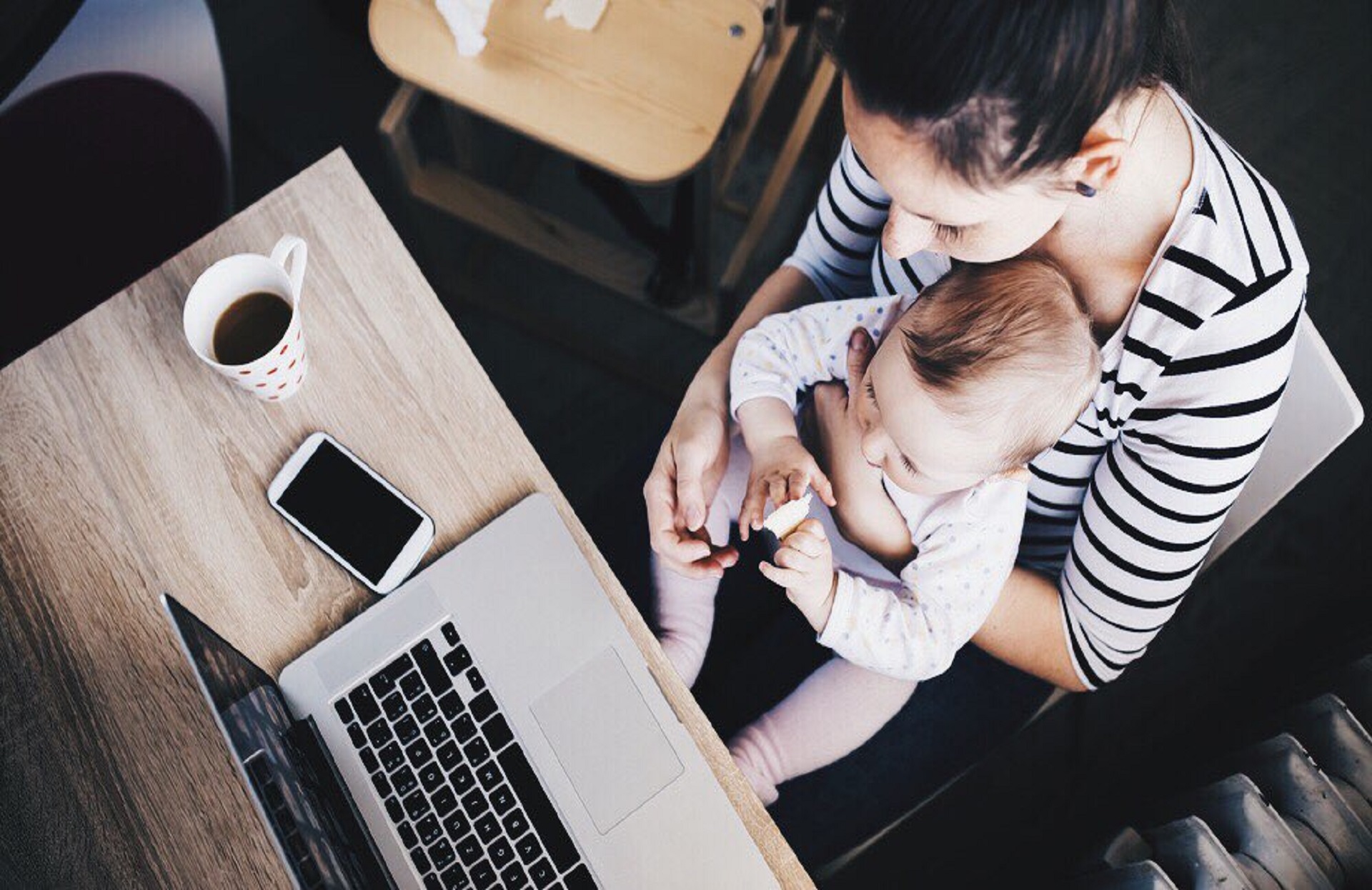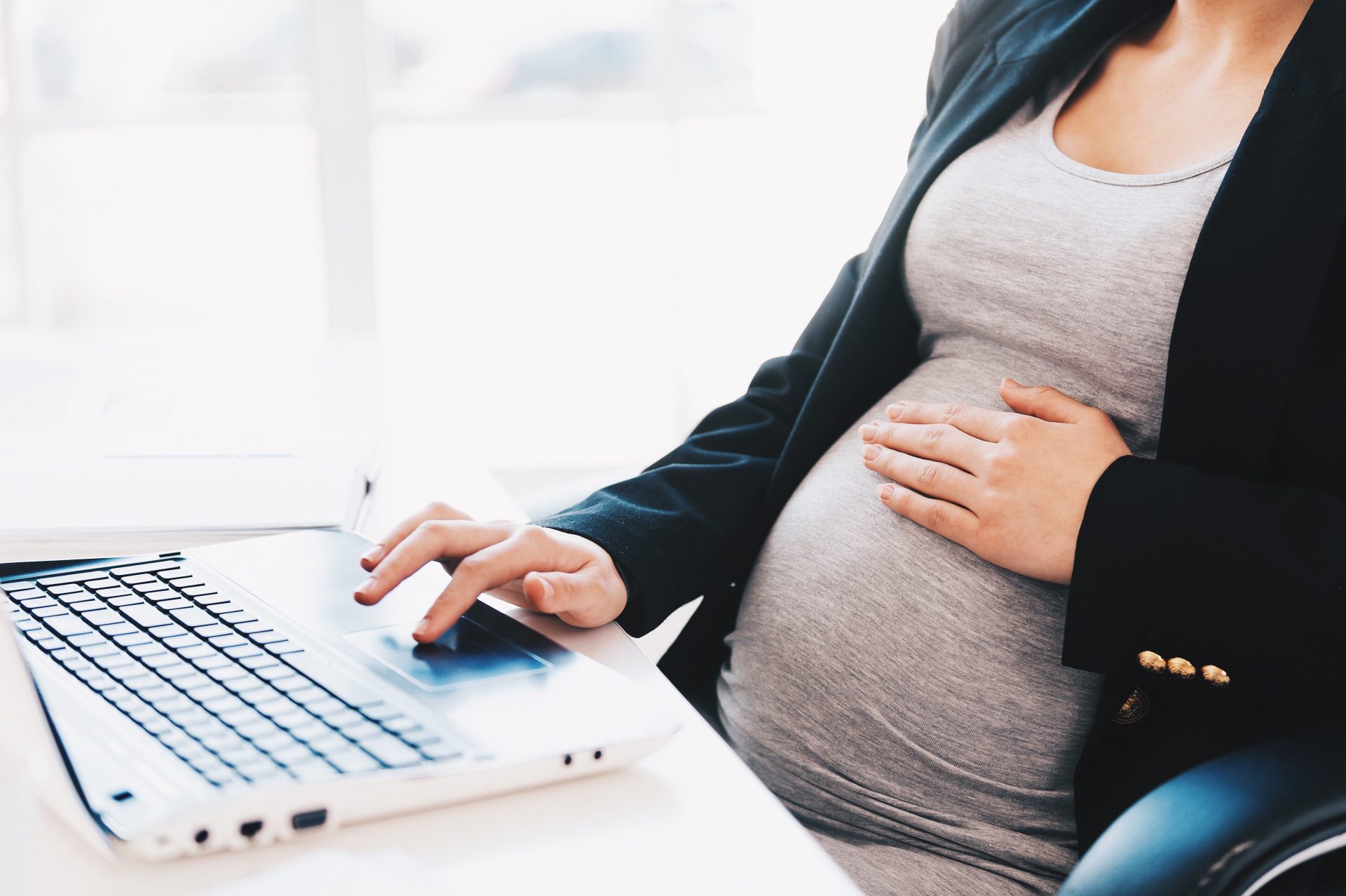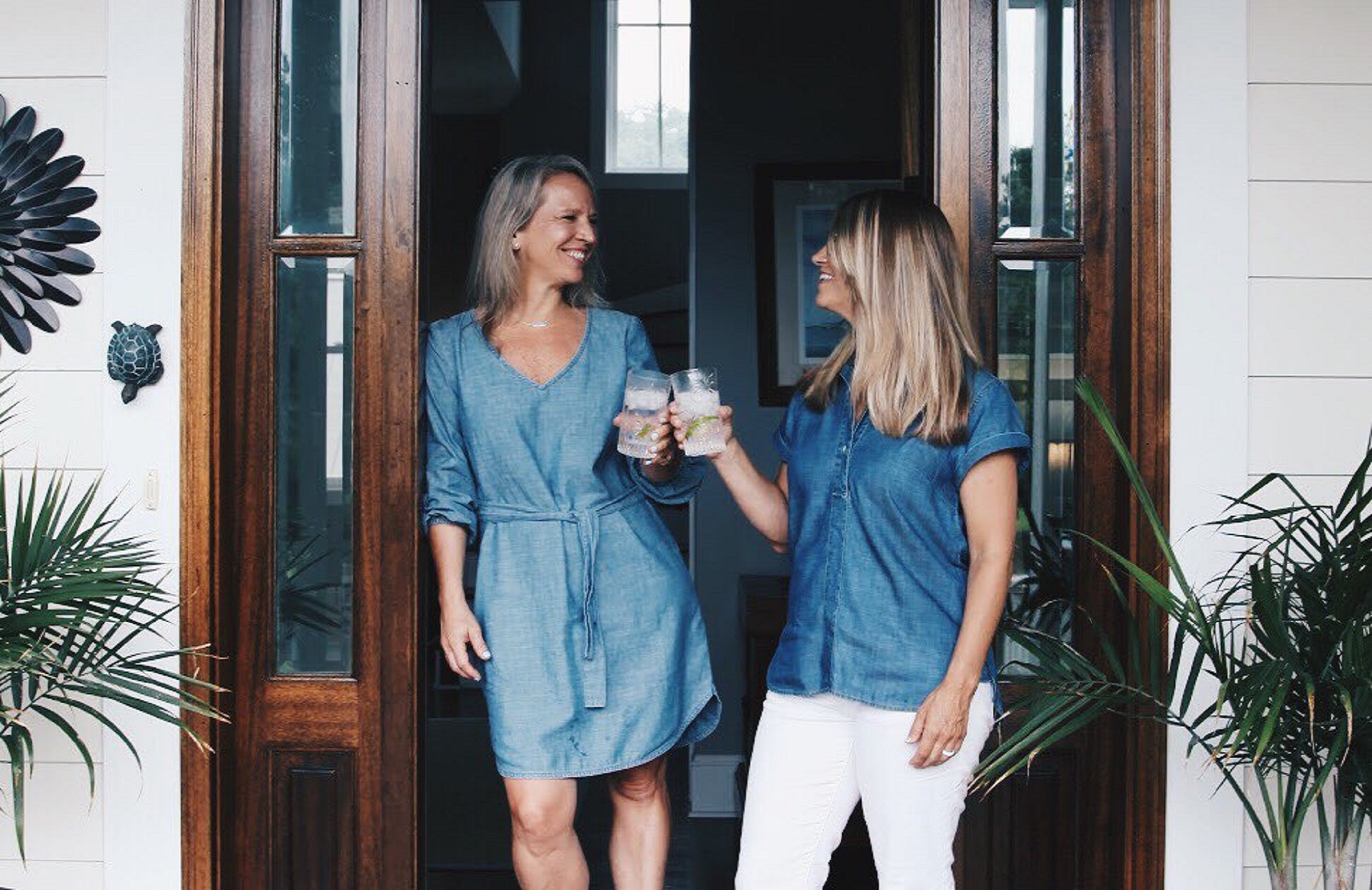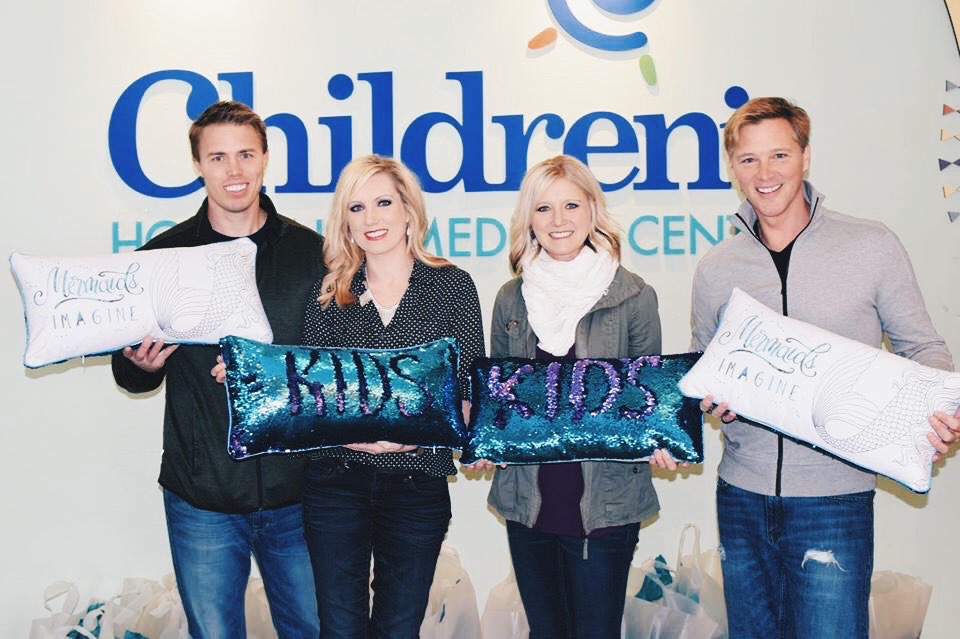“As consumers, we are without question the most powerful players in this game.”
The quote is from Stacey Dooley, an television journalist who rose to fame in 2009 after debuting in a series of BBC documentaries highlighting child labor issues in developing countries. It’s a sentiment that would prove to be one piece of the inspiration behind the start of a young, small business whose roots are grounded in sustainable, ethical and transparent manufacturing.
Elkie & Ark prides itself on crafting the very best linen – for life. The innovation behind the luxury Australian brand dates back to the Founder’s experience of living in Thailand, where Anne Threlfall saw first hand the atrocities of child trafficking.
From that experience, an idea was born. An idea to make a difference when it came to sustainability, the environment and renewable energy – all while impacting a mission important to Threlfall. But it wasn’t until a personal scare as a mother that propelled her passion forward even more.
Her farm to finish brand is catching the attention of big names, and while Elkie & Ark is still a new business – Threlfall’s success can only go up from here. HER Magazine sat down with the CEO to talk about lessons in business and the driving force behind her company.
HER: What was it like living in Thailand? Sounds like the life experience impacted you tremendously.
AT: I grew up in Sydney, Australia but ended up living in Thailand supporting educational projects. I lived in villages where girls are a target for traffickers. It was then that I discovered the power of education and local employment to empower young girls. My goal was to make sure they knew about the dangers behind traffickers’ promises and to say no to lucrative job offers in big cities. It was incredible to be part of.
HER: How did Elkie & Ark begin? What was that journey to entrepreneurship like?
AT: I always wanted to run my own business in a way that put people and the environment first. I am inspired by people like the late Dame Anita Roddick and Dr. Charlotte di Vita, an incredible woman who has alleviated poverty through trade.
My grandmother ran her own sewing business. She was an immigrant and a widow working incredibly hard to support her family. So I grew up around textiles and love them. Yet today, textiles are the world’s second most polluting industry and a major cause of slavery and trafficking. The more I looked into it, the more I knew it desperately needed to change.
The tipping point, for me, was being told our second child likely wouldn’t survive. If she did, we were warned she would need surgery and hospitalisation once born.
This was tough, yes, but it was nothing compared to what I had seen mothers going through in other areas of the world. I suddenly realized what it would be like wondering every single day if your child would make it. It inspired me to want to help.
I knew there was a way we could do so much better: to produce covetable, luxury, impeccable quality goods made by incredible people – without the harm.
HER: Do you think people ignore these issues of child labor and environmental degradation?
AT: None of us mean to cause harm.I think people genuinely aren’t aware of the gravity of the issues. It takes films like The True Cost for people to understand what is going on.
For example – personally, I love to support locally made items. Often times, we need to look further down the supply chain to see how and where the underlying components are made. Often the spinning, weaving, or farming are done overseas and are where exploitation and environmental issues can be rife. Most people simply aren’t aware of the issues. Even local production can have ethical issues. We need to be so careful.
To change it we need to have alternatives, where the end product is as high quality and beautiful as what we currently use. We need to be armed with knowledge and to vote with our dollars. If products command a higher price, then they need to be longer lasting too. This is critical to ultimately buying better and buying less.
HER: You’re a businesswoman, but you’re also focused on the conditions of manufacturing and the quality of the product. How important is profit, which is the life blood of any business, to you?
AT: We need to keep businesses running, reinvest and keep employing people, yet at some point with profits you need to say enough is enough.
Interestingly, the long-term viability of businesses is actually enhanced by running them in a sustainable, ethical way. So we need to realise this and stop thinking short-term.
On an operational level there are also hurdles. The product needs to be up to scratch, but if something goes wrong you can’t demand that people work without pay to fix it, or work over-time, or even throw it away. This isn’t acceptable and these are just some of the big shifts that businesses need to make.
HER: You traveled to countries in South East Asia and saw the harsh conditions women and children face there every day. Is there one particular moment that impacted you the most?
AH: There are a couple. Learning of girls being disowned by their families after contracting HIV when sent to ‘work’, while they lived in the house they had paid for, was a tough one. But a big one was discussing why business owners hired children. The response was “Is it worse that they starve, are sold, or earn a wage?”
There are already policies where every child must go to school. But it doesn’t always work in practice. If we want to solve this, I truly believe it needs to be done by fighting the poverty issue first by paying people more for their work.
HER: You have strong company messaging. You say, for example – ‘Not through charity, but trade, empowerment, and basic human kindness.’ What does that picture look like to you?
AT: Charity can do amazing things, particularly in medicine and infrastructure. But I think it is important that businesses look at solving problems at the root and give people, globally, the opportunity to build their own lives; just as we would if they were our direct employees. The feeling of empowerment, achievement and self-sufficiency truly changes lives.
HER: You talk about consumers having the power to change the world. With the rise in technology and the internet, how has that changed?
AT: Without question. I think the biggest difference today is the information we can gain through social media. People are much more aware of certain issues through the photos and conversations we are exposed to everyday. This information can really drive change.
As businesses, our social media, websites or blogs enable us to tell so much more of our story. This is an incredibly important aid in transparency and showing what is going on behind the scenes.
HER: Honesty and Transparency. How important is that for businesses in today’s new world?
AT: I include on my business website a list of things I want to do better and I invite customers to let me know changes they would like to see too.
I think businesses need to head in this direction. Customers will demand it more and more. I love that businesses like Patagonia openly discuss areas where they have tripped up or can improve. This is vital for ethical and sustainable progress. We are not perfect and we need to be able to have an open dialogue of where we can all get better.
HER: What message do you have for young women who hope to make it in the business world?
AT: Having worked for many years in an industry where working 24/7 is revered, I think it is the time for women to change the way business is run. Not just for women – but for everyone. We need to give people time to reconnect with ourselves, our families, our own goals and our own time.
Stress, depression and a lack of time with people we care about are critical issues (and costs) in how business is run today. We can run businesses so much better with a whole lot more care and an entirely different definition of what ‘success’ means. Any fans of Ariana Huffington will know she writes about this brilliantly.
I know that young women in business can do this. Many people out there (men included) need this to change. So please, don’t hesitate to run your business your way. Always remember how many women are there to support you. We’ve got your back.
Go here to learn more about Elkie & Ark







